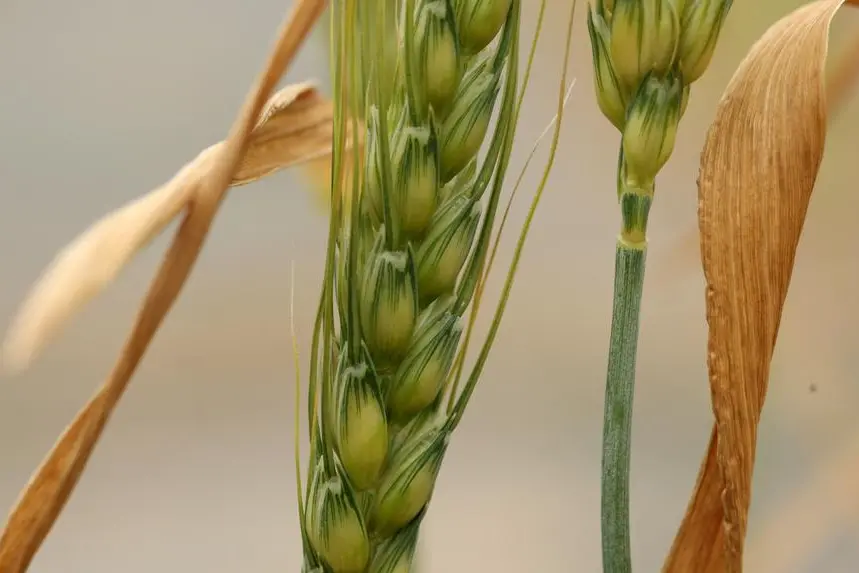PHOTO
PARIS/MANILA - U.S. and European wheat futures rose further on Wednesday as Russia's announcement of a mobilisation of reservists fuelled fears of an escalation in the Ukraine war that has disrupted crucial Black Sea exports this year.
Corn and soybeans inched higher due to the Black Sea tensions and stronger crude oil prices. But Chicago grains were capped by a fresh 20-year peak for the dollar, a surge in Argentine soy exports and concerns that an expected U.S. interest rate hike later on Wednesday could dampen demand.
The most-traded wheat contract on the Chicago Board of Trade (CBOT) was up 1.4% at $9.06 a bushel by 1055 GMT, adding to a 7.6% jump on Tuesday. Euronext December wheat was up 1.8% at 345.25 euros ($342.70) a tonne. Both markets set two-month highs earlier in the day.
Wheat futures soared on Tuesday as news that Russian-controlled regions of Ukraine would hold referendums this week on joining Russia raised the prospect of a deepening conflict that could again stifle shipments through the Black Sea.
On Wednesday, President Vladimir Putin called up 300,000 reservists to fight in Ukraine and backed the plan to annex swathes of Ukraine, warning the West he was not bluffing about being ready to use nuclear weapons to defend Russia.
"Geopolitical tensions are back in the Black Sea basin, with Putin's comments leading to fears of a new escalation in the conflict, resulting in risk premiums once again (being) added," consultancy Agritel said.
Wheat prices had been curbed in recent weeks by increasing Ukrainian exports under a Black Sea corridor agreement, as well as rising estimates for a bumper Russian crop.
Grains like wider markets are also awaiting the U.S. Federal Reserve's interest rate decision on Wednesday to gauge the extent of policy tightening by central banks.
Investors, who see growing recession risks as policy makers try to curb rampant inflation, are expecting a Fed rate hike of 75 basis points. CBOT soybeans were up 0.4% at $14.84 a bushel, while CBOT corn added 0.6% to $6.96 a bushel.
Farmers in Argentina continued to offload soy stockpiles last week following government incentives. "Argentina's short-term policy stimulus to promote concentrated soybean exports has created strong pressure on U.S. soybean new crop exports," analysts at Zhongzhou Futures in China said in a note.
(Reporting by Gus Trompiz in Paris and Enrico Dela Cruz in Manila; Editing by Subhranshu Sahu and Emelia Sithole-Matarise)





















